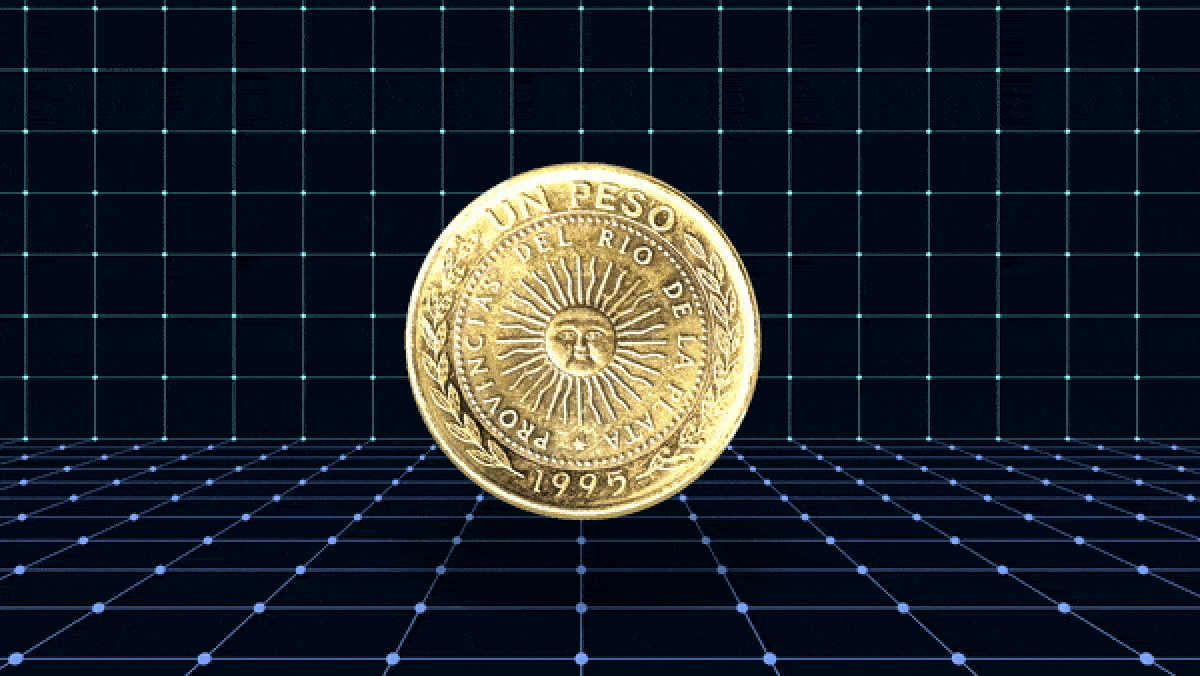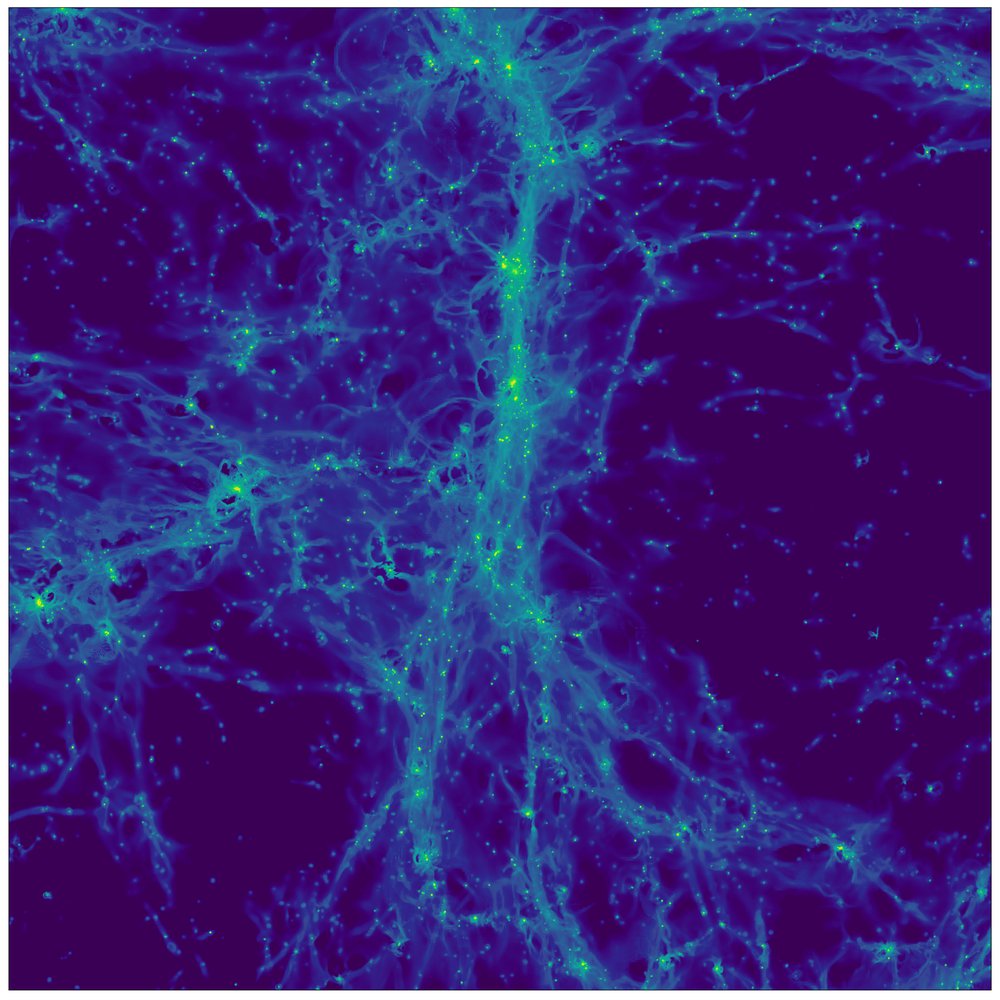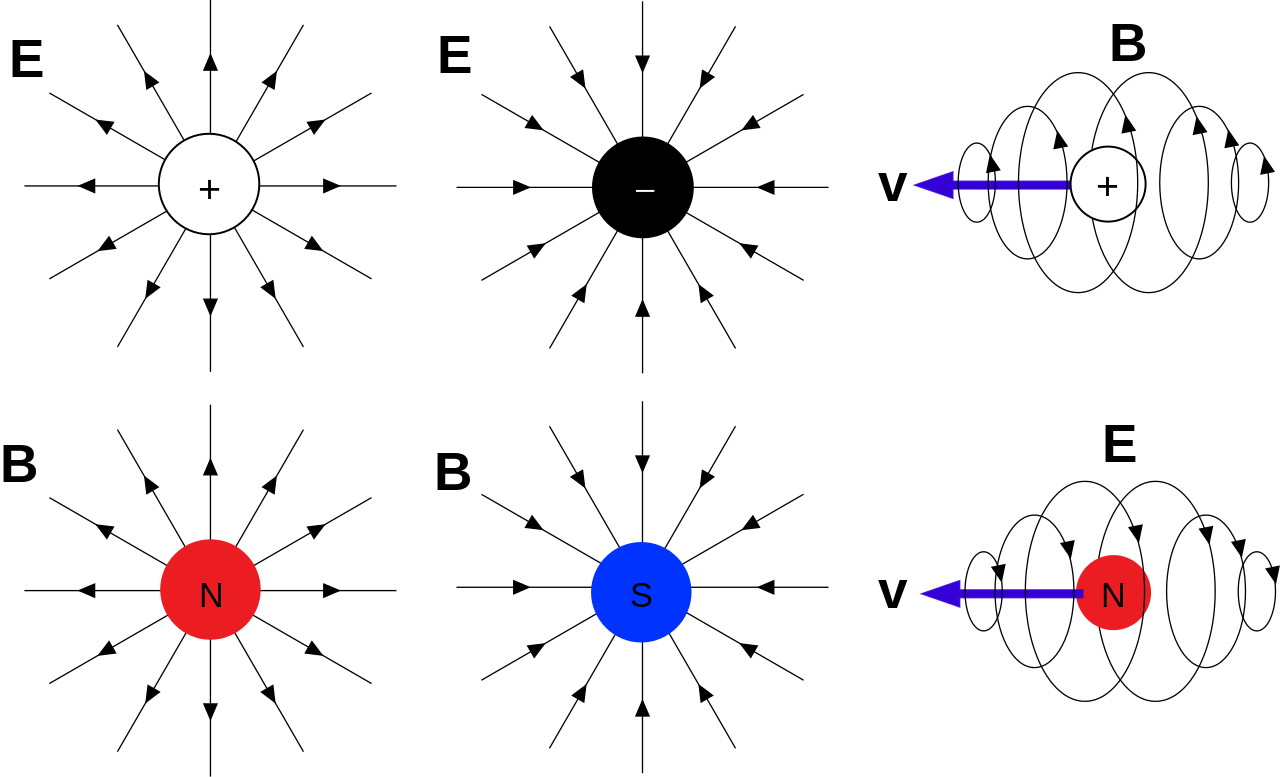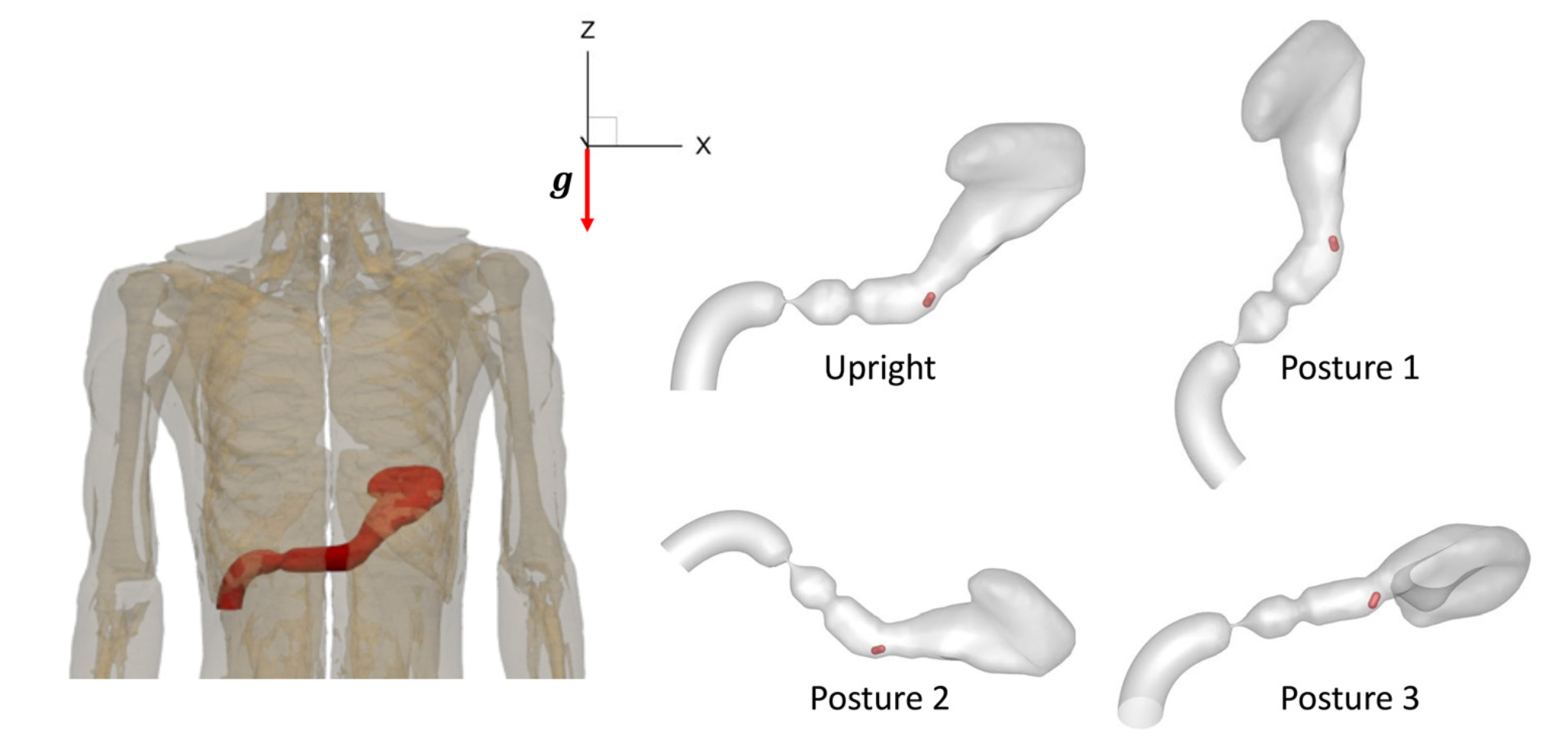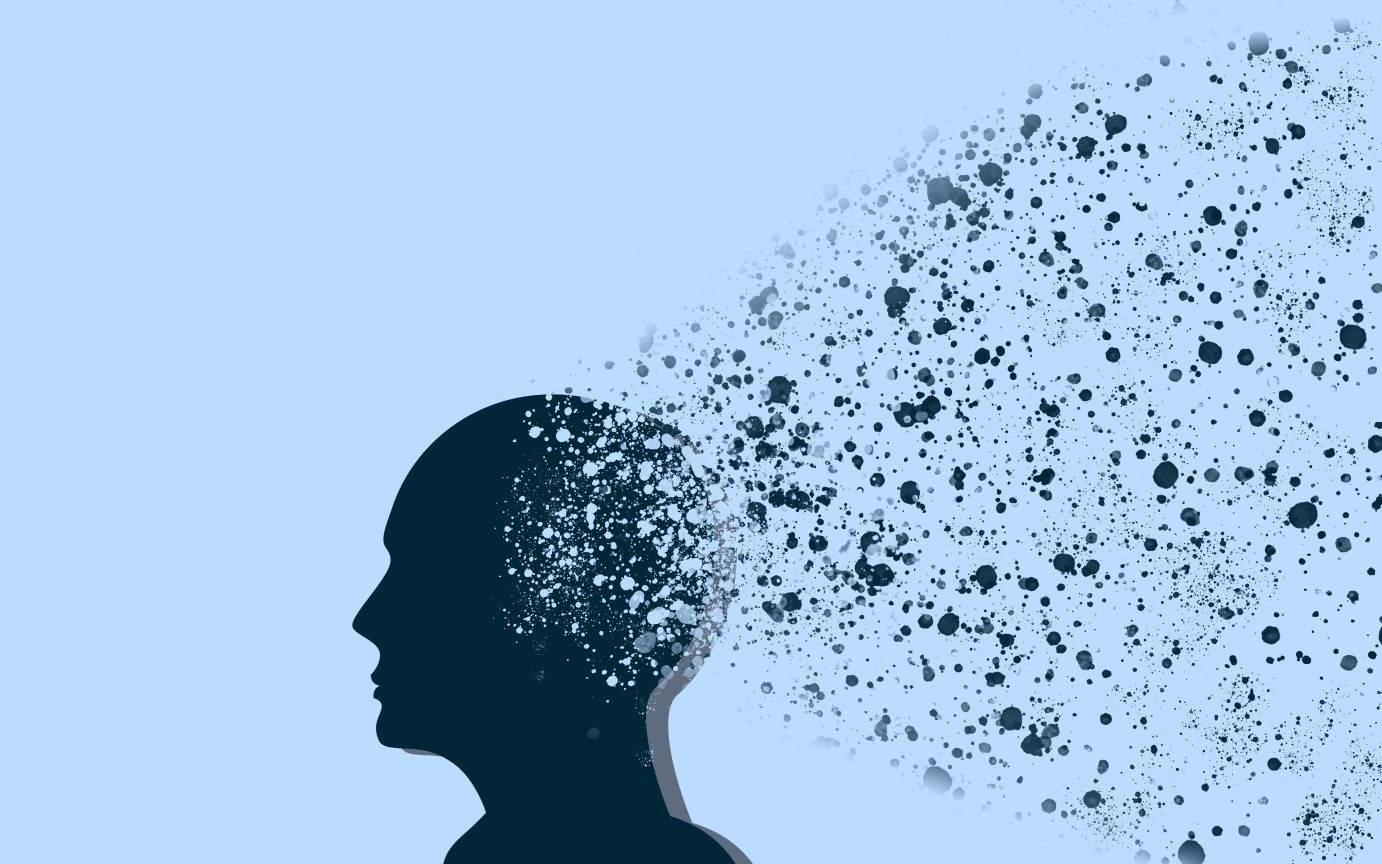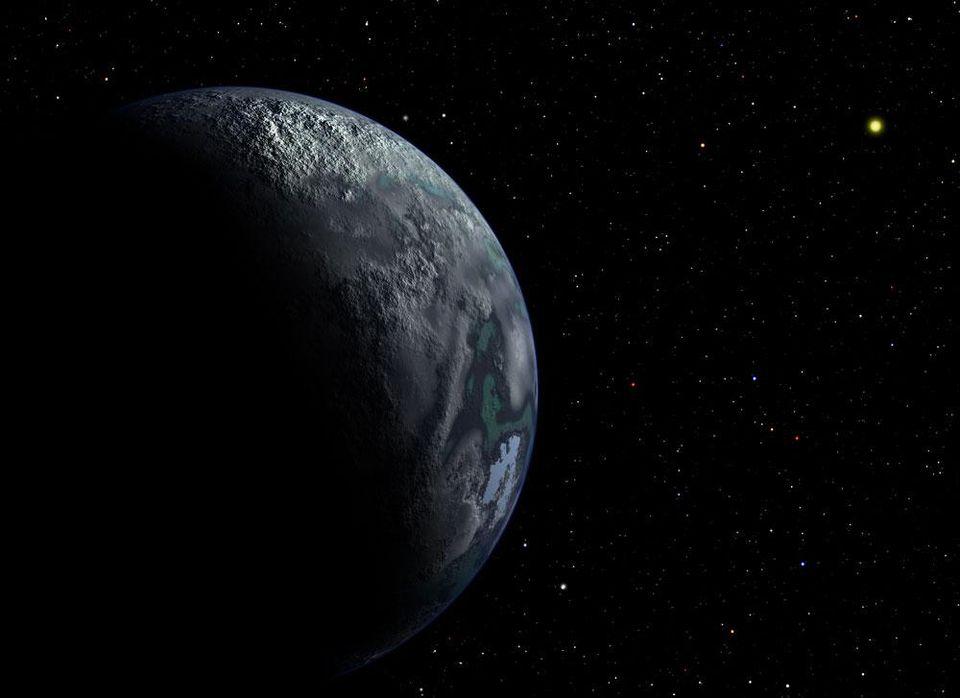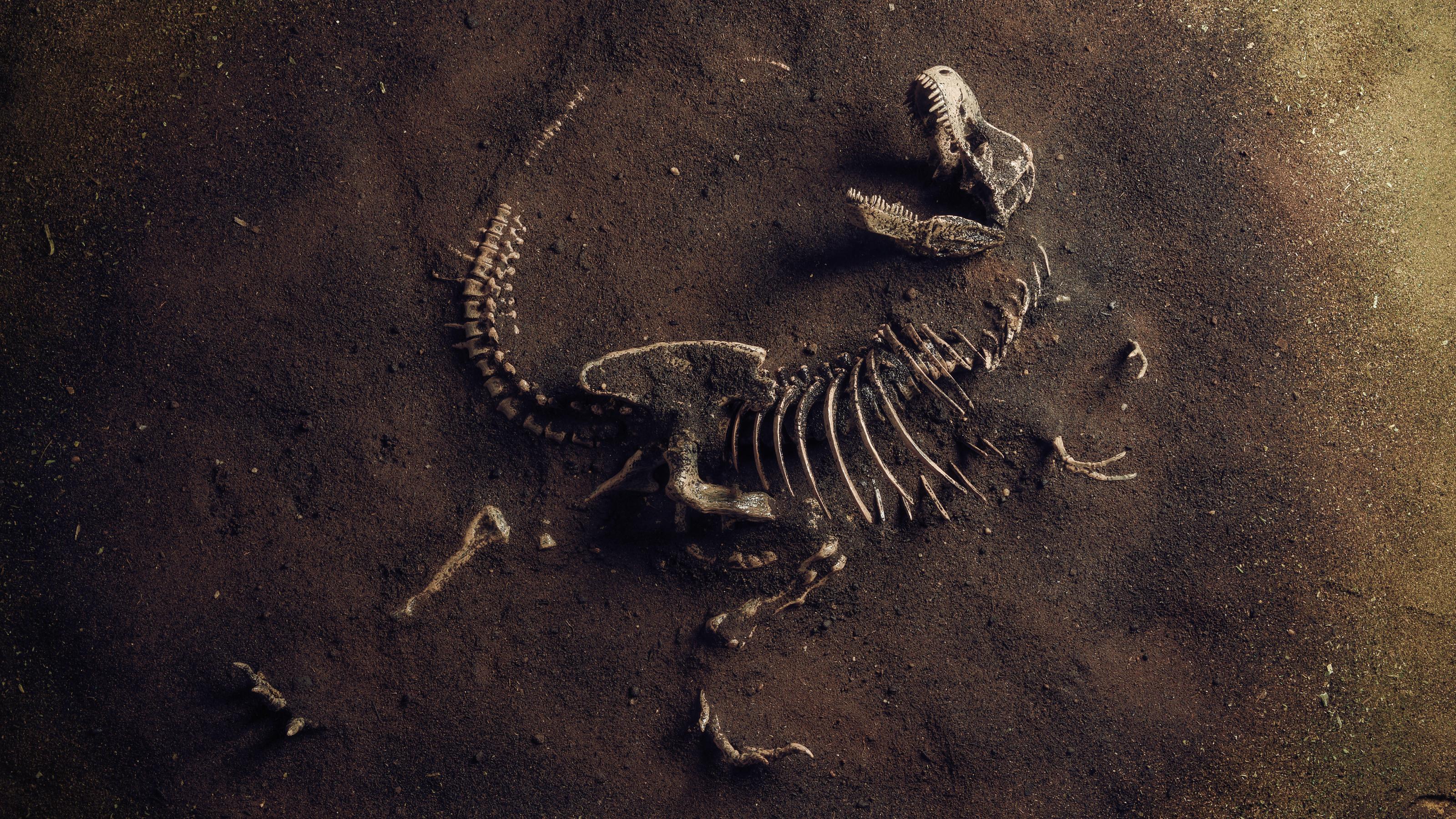Here’s how to appreciate them from a distance.
All Articles
Argentina’s black market for cash is embracing crypto — but it’s not what crypto proponents expected.
Our model of the Universe, dominated by dark matter and dark energy, explains almost everything we see. Almost. Here’s what remains.
“When you see me, weep.” When rivers dry up in Central Europe, “hunger stones” with ominous inscribed warnings from centuries past reappear.
What are they and, more importantly, how do you get rid of them?
In special relativity, the statement that two events happened at the same time is meaningless.
An interview with CRISPR co-discoverer and Nobel Prize-winner Dr. Jennifer Doudna.
It’s all about salesmanship.
Should we be searching for life on other planets, or technology?
Magnetic monopoles began as a mere theoretical curiosity. They might hold the key to understanding so much more.
New stamp-sized ultrasound adhesives produce clear images of heart, lungs, and other internal organs.
Why should it be considered impolite to discuss something so important to our long-term well-being?
Understanding Mezirow’s theory of transformative learning can help you become a catalyst of change.
If you want a medication to kick in faster, lean right.
The anthropic principle has fascinating scientific uses, where the simple fact of our existence holds deep physical lessons. Don’t abuse it!
Break into London Zoo? Illegal, but it would improve the London Circle Walk
The false assumption the Multiverse relies on is that something which exists requires an explanation.
An upstart third party is unlikely to dislodge the status quo in the current system.
Social isolation, back pain, and screen fatigue getting you down?
Alzheimer’s disease is frightening, but the right combination of lifestyle choices can reduce your risk.
A clever neuroscience experiment shows that the “other-race effect” is likely due to a lack of experience and perceptual expertise rather than racism.
The game of Plinko perfectly illustrates chaos theory. Even with indistinguishable initial conditions, the outcome is always uncertain.
Cognitive fatigue results from thinking too hard and long. Neuroscientists now believe they know why this occurs.
Scientists turn to nature to improve a ubiquitous building material.
Short-termism is both rooted in our most primal instincts and encouraged by runaway technological development. How can we fight it?
Known as orphaned planets, rogue planets, or planets without parent stars, these “outliers” might be the most common planet of all.
He couldn’t identify the numbers 2 through 9. But strangely, he could still see ones and zeros.
When scientists tested this hydrogel on mice, they had cleaner teeth than most humans.

